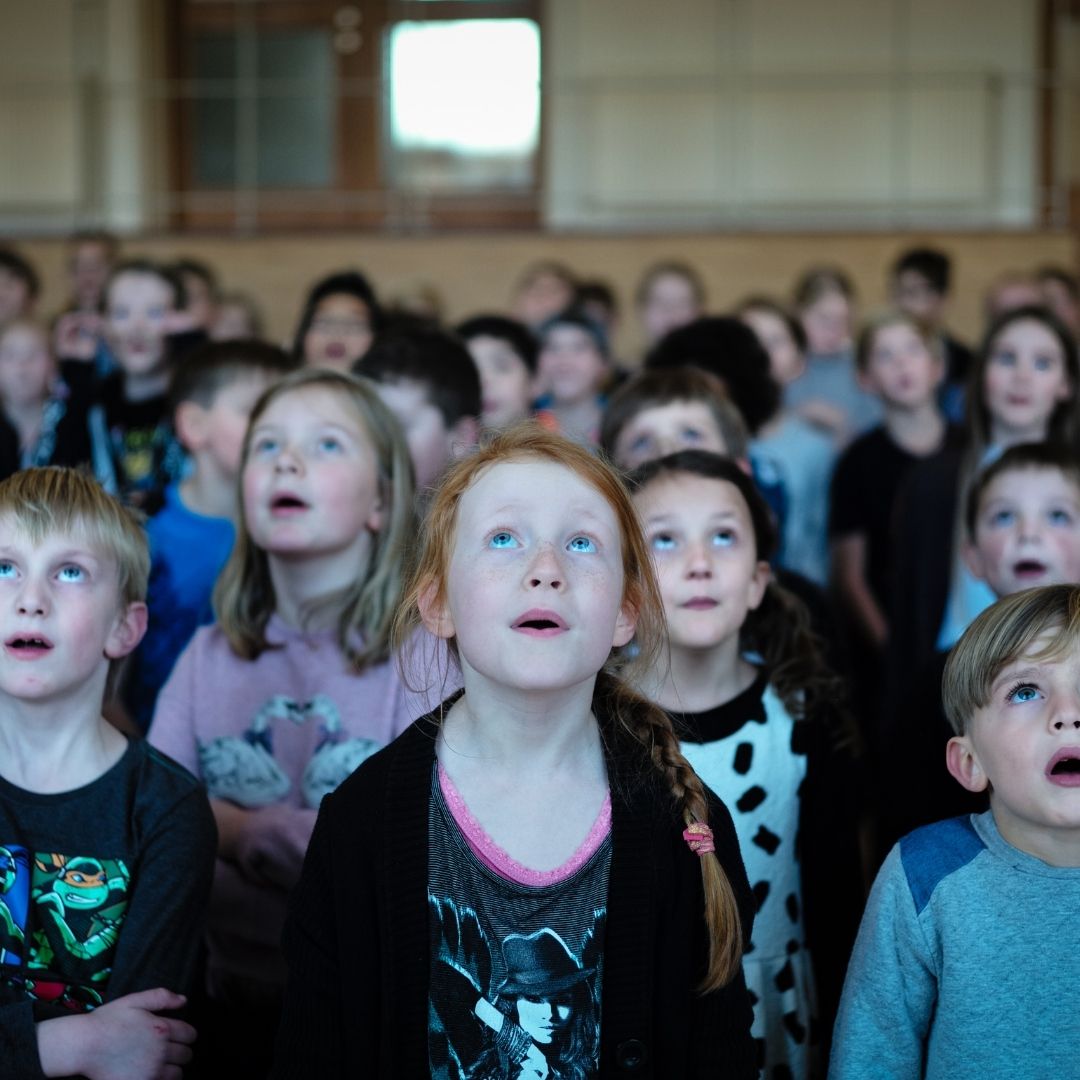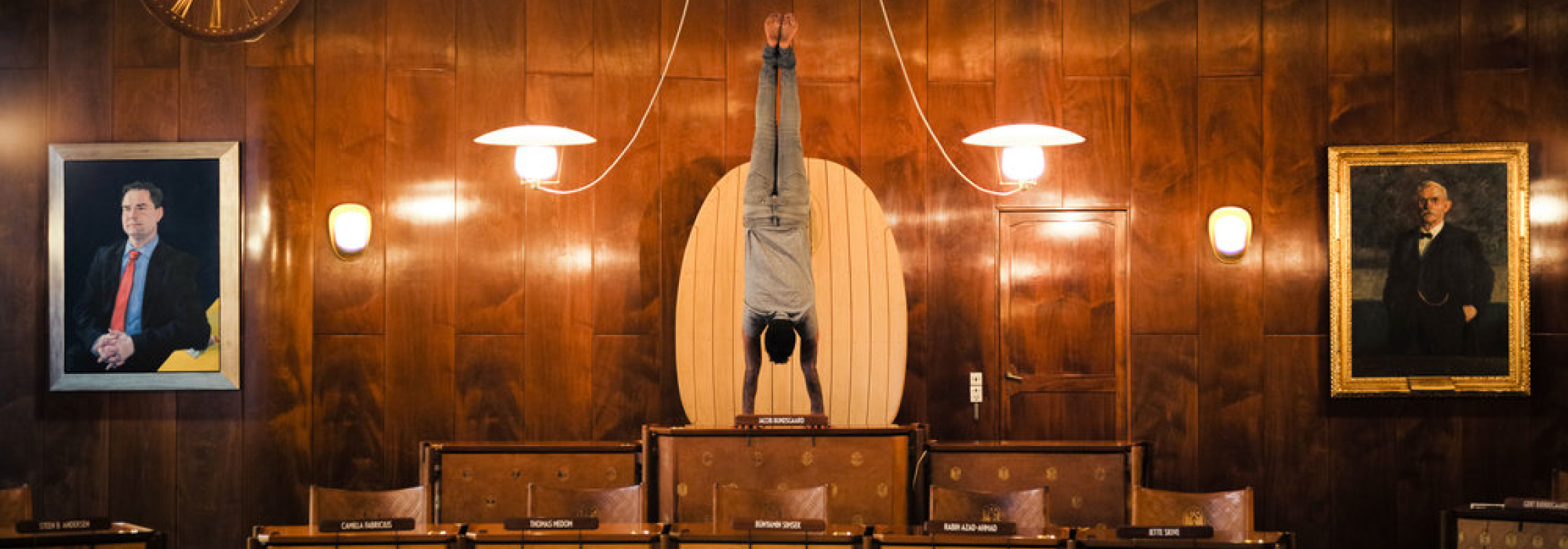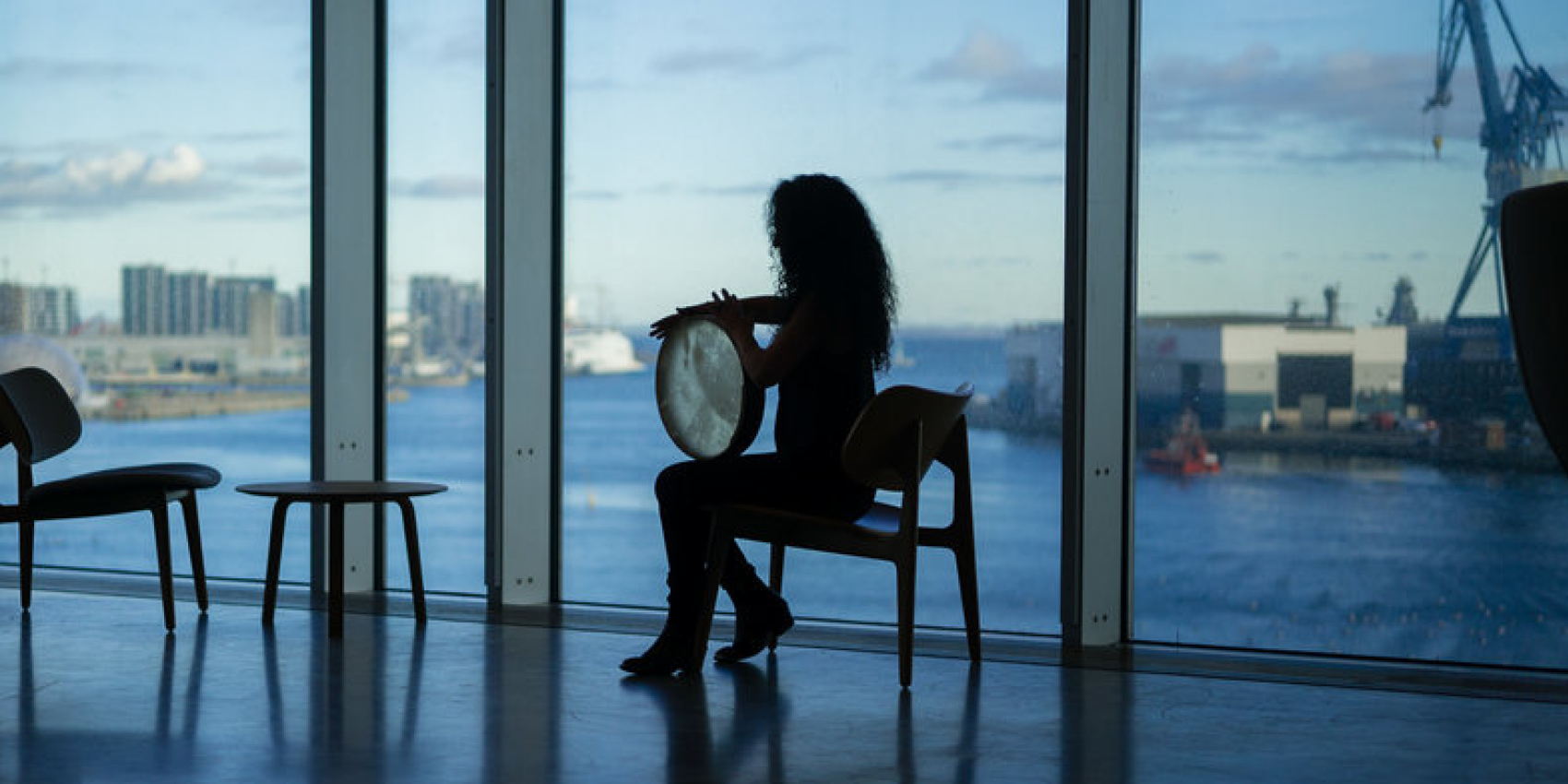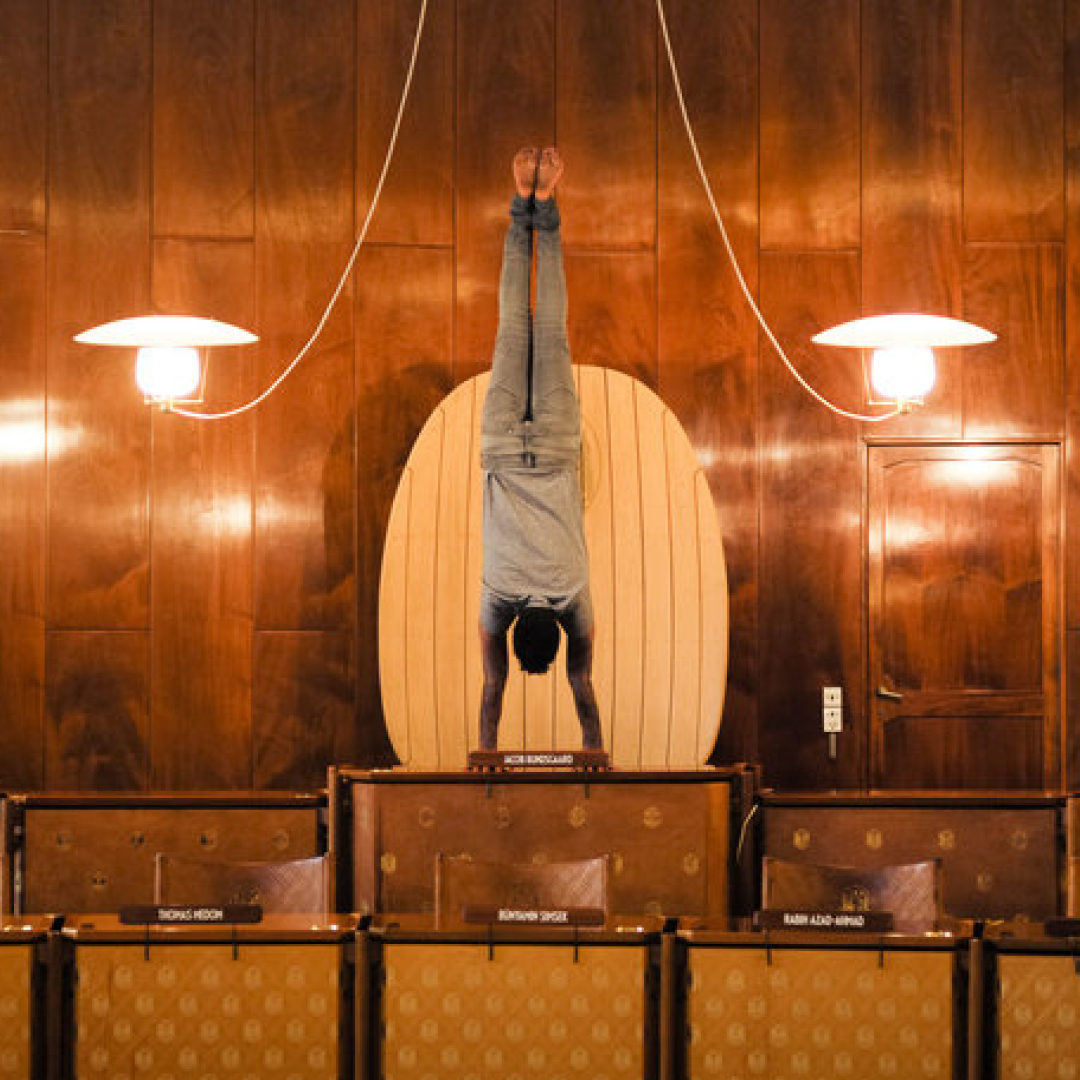About the artist:
Angelica Mesiti (born1976, Sydney) currently lives between Sydney and Paris. She is fascinated by performance as a mode of storytelling and a means to express social ideas in physical form. In recent years she has been making videos that reveal how culture is manifested through non-linguistic forms of communication, and especially through vocabularies of sound and gesture.
Mesiti represented Australia at the 58th Venice Biennale (2019). She has held solo shows at Palais De Tokyo (Paris, 2019), Art Sonje Centre (Seoul, 2018), Tbilisi Kunsthale (Tbilisi, 2018)and the National Gallery of Australia (Canberra, 2017) among others. She has taken part in biennales of Adelaide (2018), Sydney (2014), Auckland (2013), Istanbul (2013) and Sharjah (2013). The artist is represented by Galerie Allen (Paris) and by Anna Schwartz Gallery (Melbourne).



